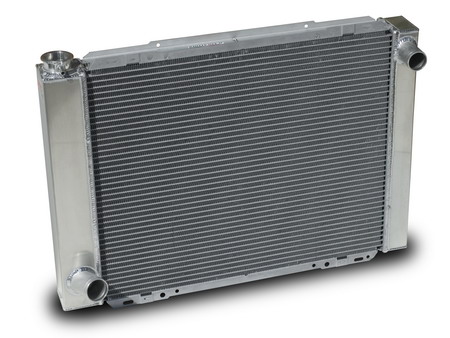How to Bleed a Radiator without a Key

When the hot water circulates through a radiator, it gives off heat. Basically, the boiler heats up the water and is then pumped through the radiator system. When the water enters the heating system, a small amount of air is produced, lowering down the heating capability of the radiator. In order to get rid of this air, one has to open the radiator valve and allow the air to escape. Here, the air escaping process is called ‘bleeding’.
Usually, a tool called radiator key is used to open the valve and allow the radiator to bleed. However, for any reason, if you do not have the key, still you can open the radiator valve and make the radiator bleed. Keep reading this article to know how you can bleed a radiator without a key.
Things Required:
– Adjustable wrench
– Newspapers (You can also use towel as this will absorb more water compared to newspaper)
Instructions
-
1
First thing first, you have to turn off the power to the boiler, as this will stop the water from circulating while you work on bleeding the radiator. You can do it directly from the radiator, or by switching off the circuit that contains connections for the boiler.
-
2
Now you need to take a newspaper or a towel, whichever is available to you, and place it on the floor, right below the radiator.
-
3
At the end of the radiator, you will find a cap. Adjust the wrench according to the size of the cap and start loosening the cap by rotating it anticlockwise. Keep on loosening the cap until you hear the sound of steam escaping from the radiator. Allow the entire trapped air to escape.
-
4
As soon as the air escapes, you will see the water seeping out of the radiator. This is the time when you will once again use the adjustable wrench and rotate the cap clockwise. Make sure you tighten the cap properly. For that purpose, you can turn the cap around extra quarter using the wrench.
-
5
Once you are done with bleeding your radiator, you may be required to open the fill valve on it, as this will help in bringing back the system to pressure.







